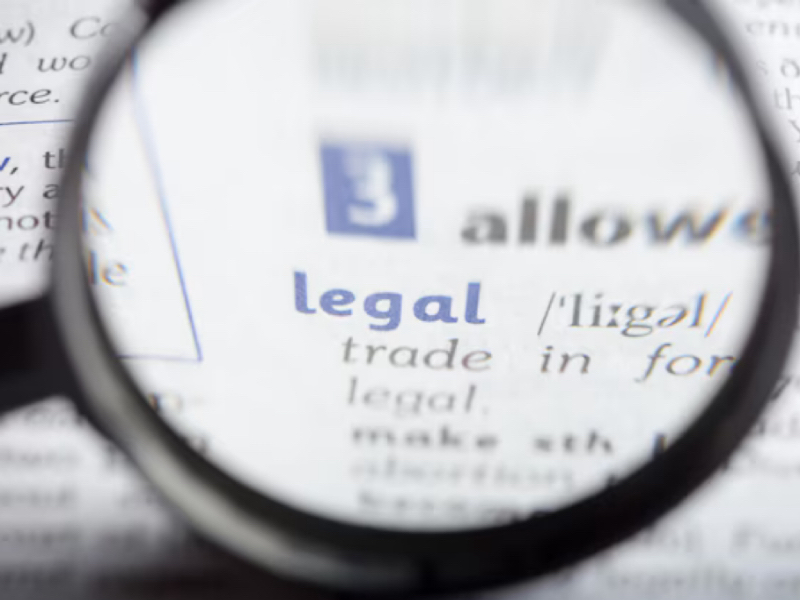- Legal compliance covers laws on business operations, consumer protection, and data privacy; regulatory compliance refers to industry-specific rules enforced by regulatory bodies.
- Legal compliance helps businesses avoid fines and shutdowns; regulatory compliance ensures ethical practices and safety in sectors like finance and healthcare.
___________
Legal Compliance vs. Regulatory Compliance: What’s the difference?
Legal Compliance
Legal compliance means following laws set by local, national, or international governments. These laws cover areas such as business operations, consumer protection, environmental rules, and data protection. Businesses must meet legal requirements to avoid fines, penalties, or shutdowns. For example, companies must comply with labor laws, tax regulations, and intellectual property rules to stay compliant.
Regulatory Compliance
Regulatory compliance involves following specific rules set by regulatory bodies or agencies. These regulations are industry-specific and ensure safety, fairness, and ethical practices. In the financial sector, businesses must comply with regulations from authorities like the FCA or SEC. In healthcare, medical practices must follow standards set by organizations like the NHS or FDA.
Also read: Audit trails: The backbone of security and compliance
Key differences between legal and regulatory compliance
- Scope: Legal compliance covers broader legal requirements across various fields, while regulatory compliance is specific to industry regulations.
- Enforcement: Legal compliance is enforced by governmental bodies, while regulatory compliance is overseen by specific regulatory agencies.
- Flexibility: Legal requirements can be more rigid, while regulatory standards often allow more flexibility and are regularly updated based on industry advancements.
Why understanding compliance is important for businesses
Understanding the difference between legal and regulatory compliance is essential for businesses to navigate their operational landscape effectively. Non-compliance, whether legal or regulatory, can lead to significant consequences, including fines, reputational damage, and legal action. By ensuring both legal and regulatory compliance, businesses not only avoid penalties but also create a trustworthy and sustainable operating environment.
Also read: The importance of compliance monitoring in business operations
Understanding legal and regulatory compliance
In conclusion, while both legal compliance and regulatory compliance are essential for businesses, they differ in scope and enforcement. Legal compliance involves meeting the broad legal requirements set by governmental bodies, whereas regulatory compliance focuses on industry-specific rules and standards. By understanding these distinctions, businesses can better manage their operations, avoid risks, and maintain long-term success.

